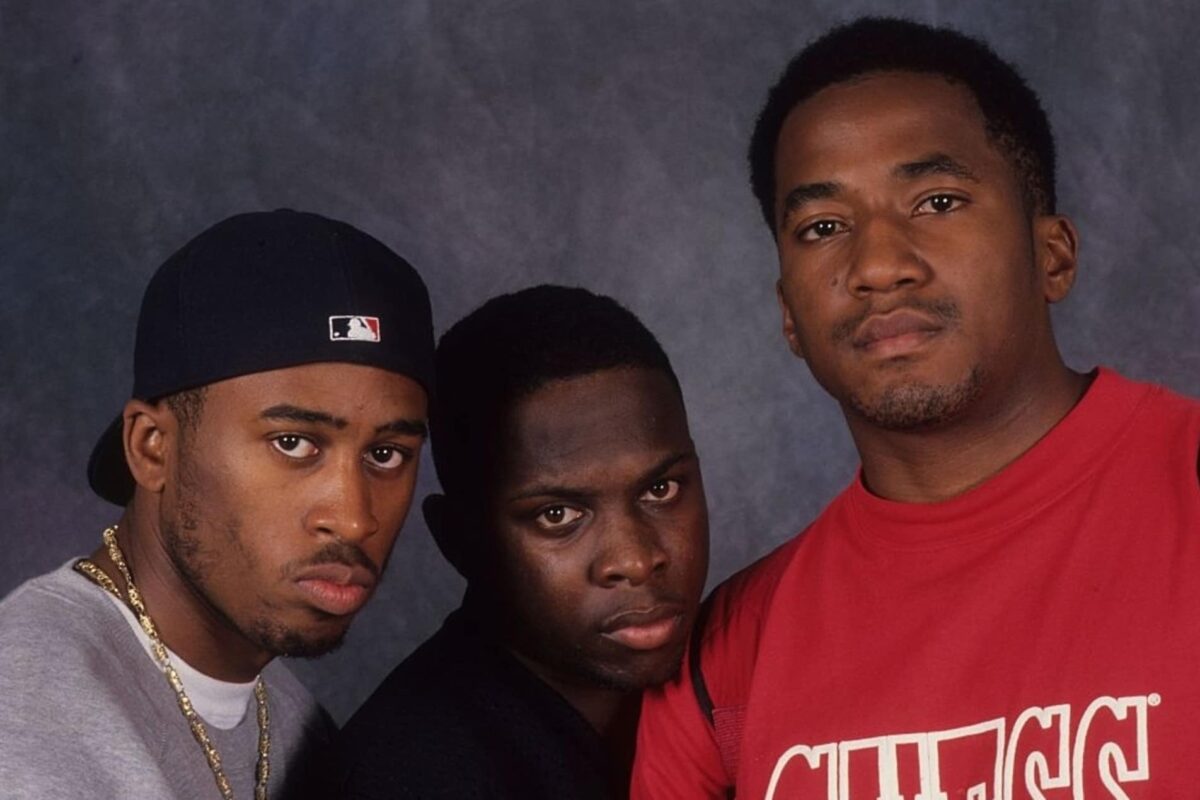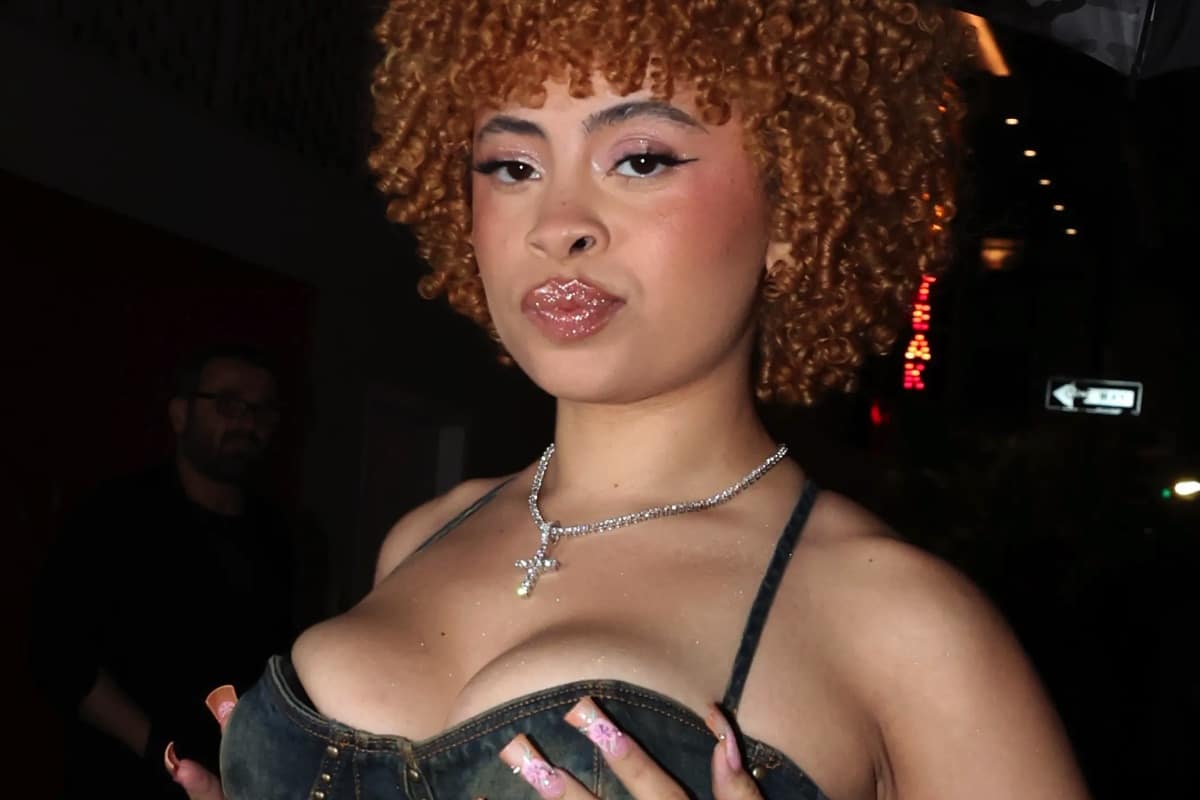In the St. Albans neighborhood of Queens, New York, a revolution was brewing in the late 1980s. Childhood friends Q-Tip and Phife Dawg, along with DJ Ali Shaheed Muhammad and rapper Jarobi White, were about to flip the script on hip-hop. This was a time when bling and bravado ruled, but A Tribe Called Quest was ready to drop a bombshell with a unique blend of jazz-infused beats and thoughtful lyricism. They were talking about issues like safe sex and vegetarianism, something unheard of in the machismo-fueled rap scene of that era. It was like a fresh breeze in a stale room – necessary, bold, and absolutely game-changing.
As teenagers, these guys were already crafting beats with pause tapes, laying the groundwork for their 1990 debut album, “People’s Instinctive Travels and the Paths of Rhythm”. This wasn’t just another rap album; it was a tapestry of stories, a lyrical smoothie blending everyday life with rhythm and rhyme. Their association with the Native Tongues – think Jungle Brothers, De La Soul – wasn’t just a musical alliance; it was a cultural manifesto, speaking to those yearning for more than just beats and rhymes.
Enter 1991 and “The Low End Theory”. Talk about a pivot in the hip-hop narrative! The synergy between Q-Tip and Phife Dawg was more like a dance than a duet, natural and captivating. This album wasn’t just about laying down tracks; it was a statement, a declaration of artistry that married jazz and hip-hop in a way that left giants like Dr. Dre and Pete Rock in awe. It was A Tribe Called Quest drawing a line in the sand and daring others to cross it.
By 1993, when “Midnight Marauders” dropped, Tribe wasn’t just a hip-hop group; they were cultural icons. With hits like “Award Tour” and “Electric Relaxation”, they didn’t just climb the charts; they owned them. Their influence spread far and wide, inspiring artists from D’Angelo to André 3000. But this wasn’t just about selling records; it was about leaving a mark, reshaping a genre, and speaking to a generation.
Yet, the journey wasn’t without its bumps. Internal strife and the changing tides of the industry led to a hiatus in 1998, leaving fans longing for more. Their comeback in 2006 and the final bow with “We Got It from Here… Thank You 4 Your Service” in 2016 was a bittersweet symphony, especially with Phife Dawg’s passing that same year. It was more than a loss for the group; it was a void in the heart of hip-hop.
A Tribe Called Quest was more than a group; they were a cultural force. They shattered norms, paved new paths, and inspired a legion of artists. Their legacy isn’t just in their discography; it’s etched in the soul of music. They showed us that hip-hop could be reflective, socially aware, and still hit you right where it matters. A Tribe Called Quest was never just about the beats; it was about the heart, the message, and the indelible mark they left on the world. Their story isn’t just about music; it’s a testament to the power of art to initiate change, challenge perceptions, and unite people. A Tribe Called Quest, indeed, taught us that rap could be an instrument of change, a voice for the voiceless, and a beacon of hope in a world often too dark.
Would you like to learn more? Dive deeper into the depths of A Tribe Called Quest in our featured articles below.








